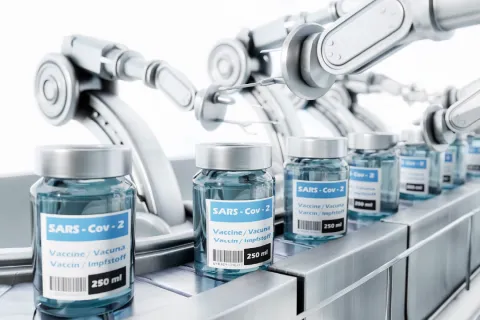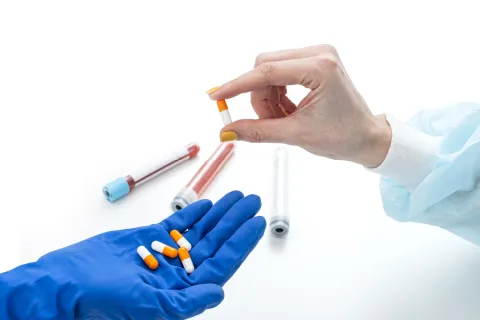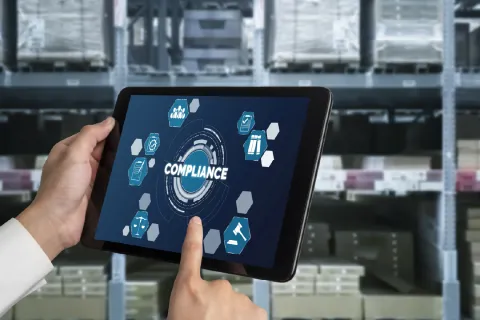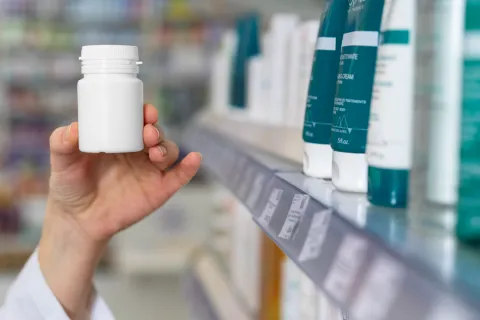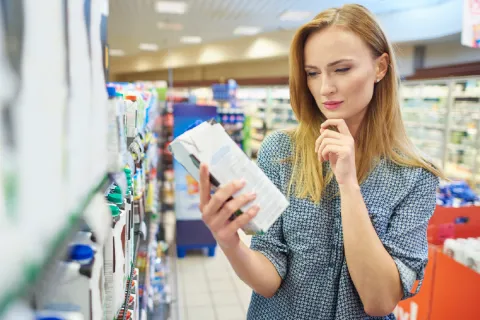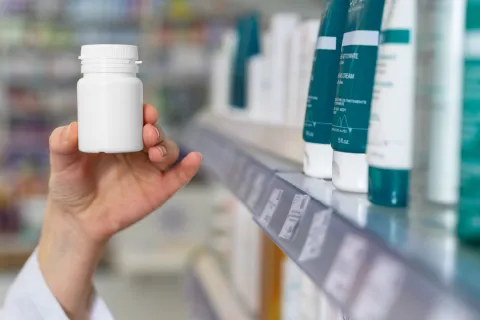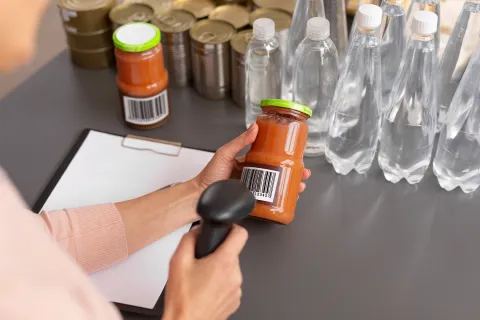
The pharmaceutical industry is transforming rapidly, and labeling automation is at the forefront of this evolution. As technology advances and Regulatory requirements grow more complex, companies must embrace innovative solutions to stay competitive. This blog explores the emerging trends in pharmaceutical labeling automation that will shape the industry in 2025 and beyond.
To thrive in this ever-changing landscape, it’s crucial to understand the driving forces behind these advancements. Each trend offers unique growth opportunities, from innovative technologies enhancing patient engagement to sustainability initiatives reshaping labeling practices. Let’s explore the key developments that are set to redefine pharmaceutical labeling automation and prepare companies for the future.
Smart Labels Revolutionizing Patient Engagement
Smart labels are redefining how pharmaceutical products interact with consumers and healthcare providers. These labels incorporate advanced technologies like Near-Field Communication (NFC) and Radio Frequency Identification (RFID) to provide real-time data access. Patients can use smart labels to receive dosage reminders, track medication usage, or access detailed product information via smartphones. As digital health tools become more prevalent, smart labels will improve patient adherence and engagement.
Automation for Streamlined Operations
Pharmaceutical companies must adopt automation to optimize their labeling processes. Automated systems are transforming prepress workflows, color management, and finishing processes, reducing manual intervention and minimizing errors. Automation is widely adopted across the industry, enabling faster turnaround times and improved operational efficiency. Companies that invest in automated labeling solutions will gain a competitive edge while ensuring compliance with stringent Regulatory standards.
Sustainability in Labeling Practices
As consumers demand eco-friendly solutions, sustainability has become a critical focus for pharmaceutical companies. Companies are switching to biodegradable materials, water-based inks, and waste-reduction practices. Sustainable labeling aligns with corporate social responsibility goals and enhances brand reputation in an environmentally conscious market. As we progress, sustainability will remain a key driver of innovation in pharmaceutical labeling automation.
AI-Powered Labeling Solutions
Artificial Intelligence (AI) is revolutionizing the pharmaceutical industry, and its impact on labeling automation is profound. AI-powered tools can analyze complex Regulatory requirements, automate compliance checks, and optimize label design processes. By leveraging AI, companies can reduce human error, accelerate time-to-market, and ensure accurate labeling across diverse markets. Integrating AI into labeling workflows will be a game-changer for pharmaceutical companies aiming to enhance efficiency while maintaining compliance.
Advanced Label Management Systems
Global expansion brings unique challenges to pharmaceutical labeling, particularly when managing multiple products across different markets. Advanced label management systems provide centralized platforms for creating, updating, and maintaining labels. These systems offer version control, real-time updates, and template-based label creation to ensure consistency and compliance with regional regulations. By adopting robust label management software, companies can streamline their operations while meeting the demands of global markets.
Large-Volume Change Automation
Pharmaceutical companies often face large-scale label changes due to Regulatory updates or product modifications. Managing these changes manually can be time-consuming and can lead to errors. Large-volume change automation solutions simplify this process by enabling bulk updates across multiple labels while maintaining accuracy and compliance. These tools save time and resources while reducing risks associated with manual intervention—a critical advantage in an industry where precision is paramount.
Enhanced Focus on Regulatory Compliance
Compliance is critical in pharmaceutical labeling due to stringent regulations imposed by global health authorities like the FDA and EMA. Automated Regulatory labeling services are becoming indispensable for tracking updates, ensuring accuracy, and maintaining compliance across regions. These services integrate seamlessly into existing workflows, allowing companies to focus on innovation without compromising Regulatory adherence.
Conclusion
The future of pharmaceutical labeling automation is bright yet challenging. Companies must embrace emerging technologies such as smart labels, AI-powered solutions, sustainable practices, advanced management systems, and automation tools to stay ahead of the curve. These innovations enhance operational efficiency and improve patient outcomes by providing accurate information in accessible formats.
Freyr is your trusted partner in navigating these trends effectively. With expertise in pharma labeling automation services tailored to your unique needs, we ensure compliance while optimizing efficiency at every step. Contact us today to learn how we can help you future-proof your operations with cutting-edge labeling automation solutions.
